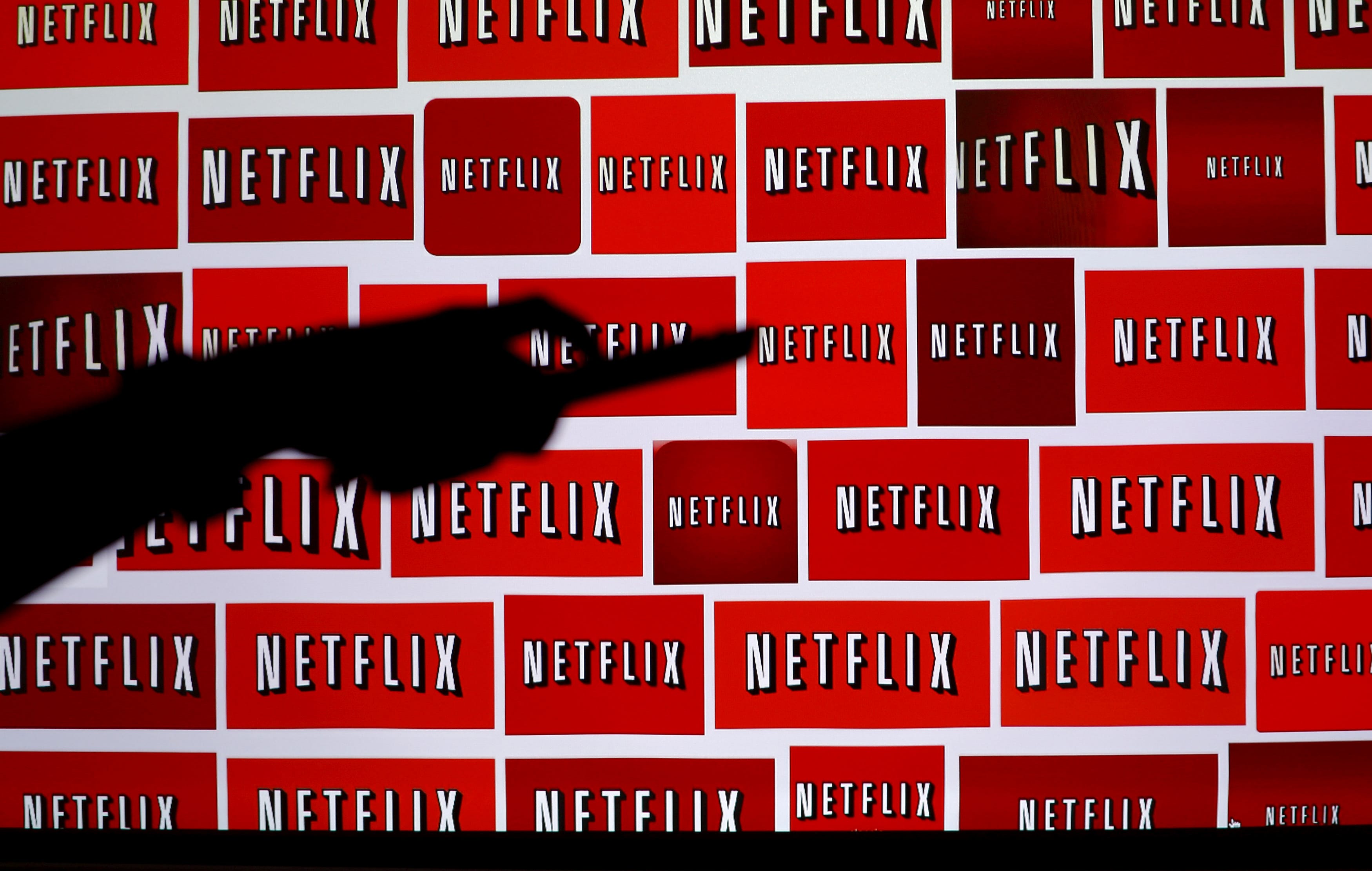Popular Netflix movie ‘The Social Dilemma’ slams social media but offers few solutions

The Netflix logo is shown in this illustration photograph in Encinitas, California.
Mike Blake | Reuters
The new Netflix documentary-drama “The Social Dilemma” has sparked some social media users to abandon their accounts — but it’s unlikely to put a dent in the tech giants it takes on.
A frequent entry on Netflix’s Top 10 list of most popular movies since its September 9 premiere on the platform, “The Social Dilemma” has been praised for being “possibly the single most lucid, succinct, and profoundly terrifying analysis of social media ever created” by Indiewire as well as criticized for being “manipulative and misleading” by tech analyst Benedict Evans.
“The Social Dilemma” explores how the Internet’s most popular products work on a basic business model of tracking users’ behavior in order to sell targeted ads and induce addiction in a vicious cycle. The film blends interviews with tech experts, including many former employees of Silicon Valley giants, and PSA-style dramatic scenarios illustrating the negative effects of social media on average Americans. Among the many issues the film touches on include how tech companies have influenced elections, ethnic violence and rates of depression and suicide.
The employee interviews are the most interesting part, as they explain how their companies developed technology that so effectively manipulates the human psyche, and express their regrets over what they unleashed. Their warnings are dire. In the film, former Facebook executive Tim Kendall says his biggest short-term worry is “civil war,” while technology pioneer Jaron Lanier warns, “If we go down the status quo for, let’s say, another 20 years, we probably destroy our civilization through willful ignorance.”
Despite the confessionals and doomsaying, however, the final recommendations to the average consumer of these tech products are disappointingly unoriginal. These self-help suggestions include: turn off notifications; uninstall time-wasting apps; fact-check before you share sources; and follow people with different views than you.
Perhaps the most ironic one is not to watch what the recommendation algorithms suggest — although presumably the exception is when the Netflix algorithm loads up “The Social Dilemma.”
Big tech companies are not likely to take films like “The Social Dilemma” as an existential threat. Facebook, a frequent target of social media criticism, still posted record highs in audience and revenue this year. Advertiser boycotts sparked by dissatisfaction with the company’s hate speech policies had little serious impact, as Mark Zuckerberg successfully predicted.
“The Social Dilemma” ends with interviewees exhorting viewers to “change the conversation” around technology.
But after all these tech figures’ explanations about how effective they and their companies were at hijacking human psychology for profit — explanations that include more than a few comparisons of engineers to magicians, and a ham-handed use of the song “I Put a Spell on You” — the rhetoric falls a little flat. Shouldn’t the tech industry itself be able to do more? “The Social Dilemma” still seems to put the onus on us, the users, when it should be asking more of its participants.